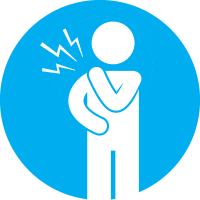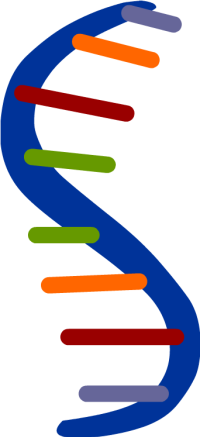A translational medical informatic project is available to identify risk factors associated with head and neck cancer and lung cancer in electronic medical records. Projects include data extraction, data curation, and establishing and maintaining a database of biospecimens and patients' characteristics. Statistical analysis and modeling will be done to identify clinical characteristics and risk factors which are associated with aggressive form of tumors. Training and mentorship will be provided. Prospective candidates should have great communication skills, willingness to work in a highly collaborative environment, and have excellent time management and organizational skills.






